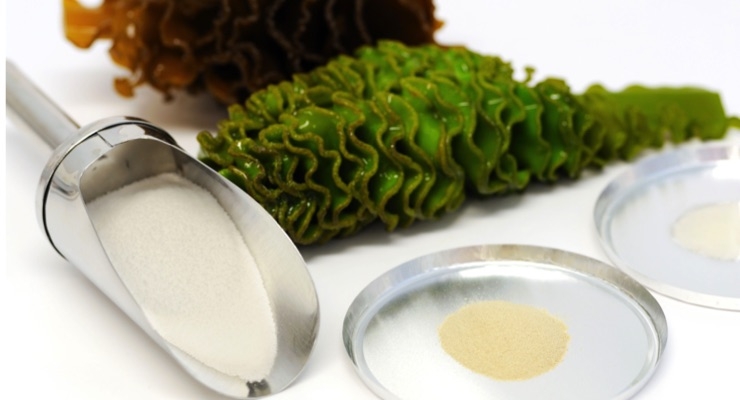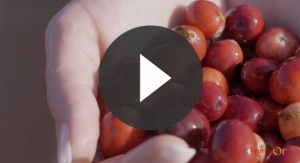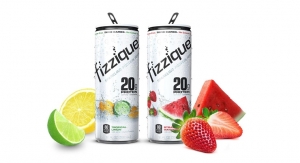03.01.19
Research published in Marine Drugs has uncovered the biological pathways by which fucoidan—a unique bioactive compound naturally found in brown macroalage—may combat cancer cells.
Undertaken at the University of Tasmania, the in vitro research utilized Maritech fucoidan extracts produced by Australian biotechnology company Marinova.
Brown seaweeds have a long history of use in complementary medicine, with fucoidan in particular holding significance in integrative oncology. It is common for fucoidan-containing supplements and drinks to be administered to cancer patients in many Asian countries today.
The anti-cancer effects of Maritech fucoidan have been demonstrated in preclinical animal and in vitro studies, including reducing tumor growth and enhancing the therapeutic effect of chemotherapy. Yet the specific mechanism of action through which fucoidan promotes these benefits has remained unclear.
In this latest study, researchers identified that Maritech fucoidan beneficially affected a number of anti-cancer pathways. These include cell cycle arrest, DNA damage, RNA metabolism and protein synthesis. The findings indicated that fucoidan can limit cancer cells in their ability to make proteins, utilize energy and repair damage to themselves.
Importantly, the research showed that Maritech fucoidan works selectively against cancer cells but not against normal, healthy cells that were used as a control.
This research further demonstrates the safety of fucoidan as an adjunct to cancer therapy, the company said.
Marinova Chief Scientist Helen Fitton explained that this was the first study to screen fucoidan against a gene library to investigate all possible pathways of action. “This research is exciting as we now have a more complete picture of how fucoidan delivers its anti-cancer effects. These findings provide new insight for further research and the development of new complementary therapies.”
The full paper titled “Pathway Analysis of Fucoidan Activity Using a Yeast Gene Deletion Library Screen” published in Marine Drugs can be accessed here.
Undertaken at the University of Tasmania, the in vitro research utilized Maritech fucoidan extracts produced by Australian biotechnology company Marinova.
Brown seaweeds have a long history of use in complementary medicine, with fucoidan in particular holding significance in integrative oncology. It is common for fucoidan-containing supplements and drinks to be administered to cancer patients in many Asian countries today.
The anti-cancer effects of Maritech fucoidan have been demonstrated in preclinical animal and in vitro studies, including reducing tumor growth and enhancing the therapeutic effect of chemotherapy. Yet the specific mechanism of action through which fucoidan promotes these benefits has remained unclear.
In this latest study, researchers identified that Maritech fucoidan beneficially affected a number of anti-cancer pathways. These include cell cycle arrest, DNA damage, RNA metabolism and protein synthesis. The findings indicated that fucoidan can limit cancer cells in their ability to make proteins, utilize energy and repair damage to themselves.
Importantly, the research showed that Maritech fucoidan works selectively against cancer cells but not against normal, healthy cells that were used as a control.
This research further demonstrates the safety of fucoidan as an adjunct to cancer therapy, the company said.
Marinova Chief Scientist Helen Fitton explained that this was the first study to screen fucoidan against a gene library to investigate all possible pathways of action. “This research is exciting as we now have a more complete picture of how fucoidan delivers its anti-cancer effects. These findings provide new insight for further research and the development of new complementary therapies.”
The full paper titled “Pathway Analysis of Fucoidan Activity Using a Yeast Gene Deletion Library Screen” published in Marine Drugs can be accessed here.

























